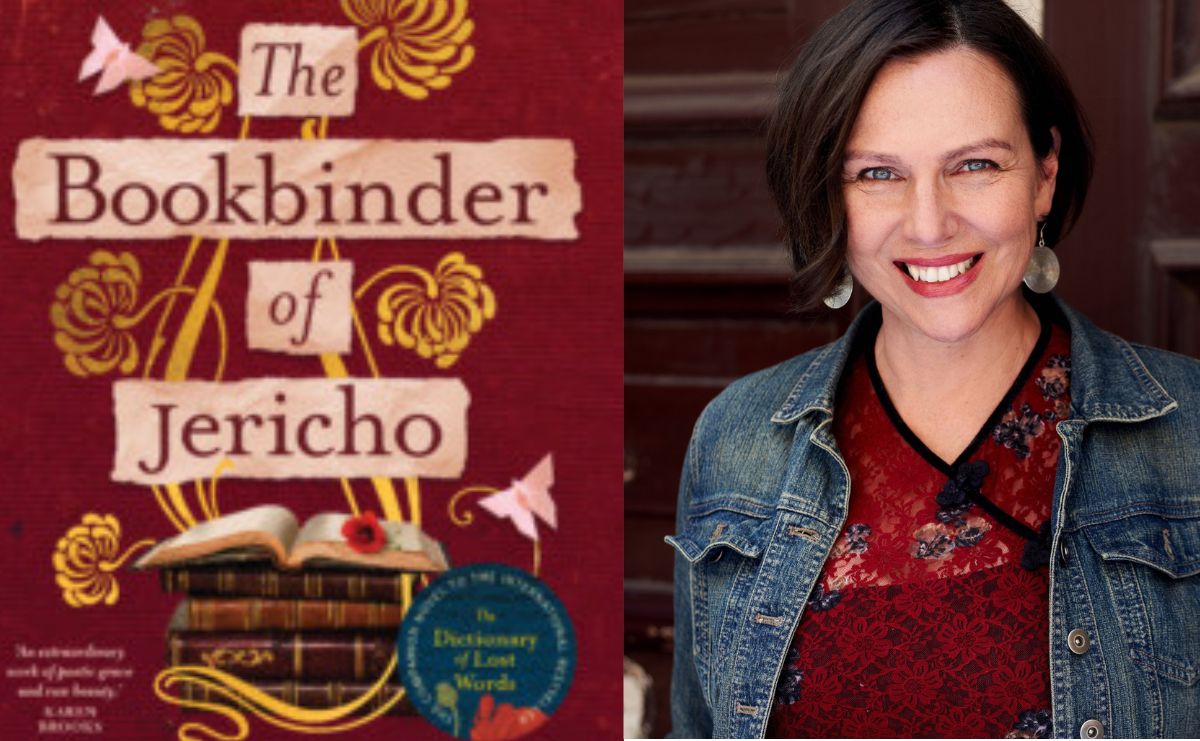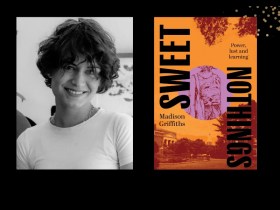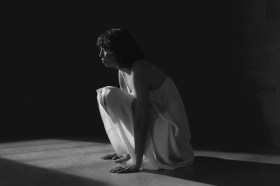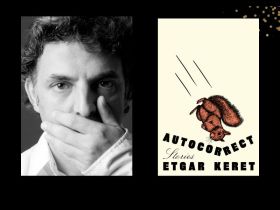A companion book to her previous, best-selling novel, The Dictionary of Lost Words, Pip Williams’ follow-up, The Bookbinder of Jericho, can be taken as a discrete stand-alone unit, but it’s better if you read them both, and in chronological order, as there are some characters from the first book that make an appearance in this latest offering.
A second chance to follow and discover the future pathways of a couple of characters will be a delight for readers who’ve bonded firmly to their favourites and feel despondent once the final page is turned.
Set in 1914 in England, The Bookbinder of Jericho focuses on twin young women, Peggy and Maude, who work in the bindery of Oxford University Press in the town of Jericho. However, Peggy is far more interested in the words on the page than the craft of putting the books together, in dealing with the ‘dance of gathering’ up the pages in sequential form to be later sewn together. The frustration is acute: she’s surrounded by print material but unable to have a higher education. (A classic case of ‘water, water everywhere and not a drop to drink’, from Samuel Taylor Coleridge’s poem, The Rime of the Ancient Mariner).
Peggy dreams of actually attending the University, and not merely performing her role as ‘a part of the machinery that printed their ideas and stocked their libraries’. Alas, her straitened, parentless situation deems her to be forever relegated as ‘town’ and not ‘gown’. Her movements are as predictable as a metronome’s beat, but her aspirations towards a better – educated – future is the pulse that drives the narrative.
It would be fascinating enough a novel had Williams stuck within the parameters of the printing press and bindery, but she is not content with just the small, modest lives of the twins, who are hemmed in by birth and circumstance. Her remit is far larger. There is a war going on and, though we don’t witness the battle cries on the frontlines, we are nonetheless privy to the dislocated and broken lives of the injured, particularly the refugees from Belgium who fall upon the town of Jericho in search of care and respite. Peggy volunteers to read and write for the wounded in hospital and her chance encounters inevitably change the trajectory of her otherwise earnest but staid life.
Williams’ world-building is as busy and picaresque as ever, with a cast of dozens aside from the protagonists and, though she explores such grand themes as feminism, women’s voting rights, war, education and learning, and class, The Bookbinder of Jericho also moves inward and touches on personal relationships, particularly the push-pull dynamic between the siblings. Maude has some development issues that are never explicitly named, but her neurodiverse condition is sensitively handled, and explains Peggy’s fierce protectiveness towards her sister and also the reasoning behind her (reluctant) decision to be cast as a bindery girl.
Read: Book review: Fat Girl Dancing, Kris Kneen
Those who like historical fiction should take note that Williams’ research trips have seen her peruse archival material in Oxford and use it to weave her story of a wartime when women were left behind to drive the wheels of commerce, as well as continue to take on all the nurturing responsibilities forever afforded to them. Like its predecessor, this is also a novel that trades on the weight of knowledge: who is able to carry it and who is excluded from such a privilege.
For those interested in both the genesis and provenance of the physical entity of the book as well as the socioeconomics of WWI, and its treatment of women, The Bookbinder of Jericho bristles with ideas and provocations and is populated by characters that are full-bodied: with blood and ink running through their veins. Williams offers a subversive narrative, not often seen in the historical annals as written and reported by men. It deserves to be as successful as The Dictionary of Lost Words.
The Bookbinder of Jericho by Pip Williams
Publisher: Affirm
ISBN: 9781922806628
Format: Paperback
Pages: 448 pp
Release Date: 28 March 2023
RRP: $32.99





